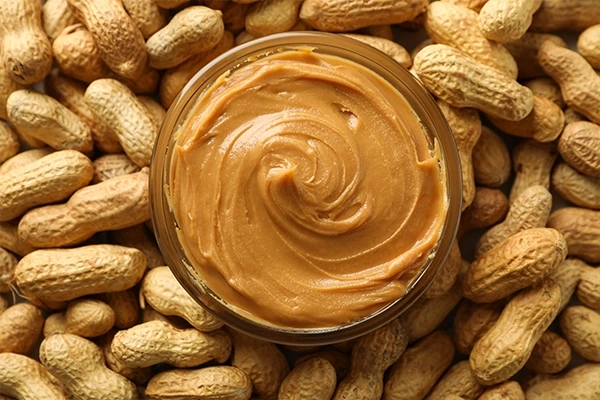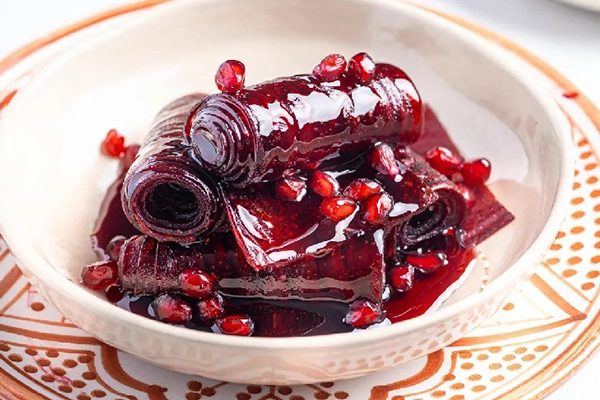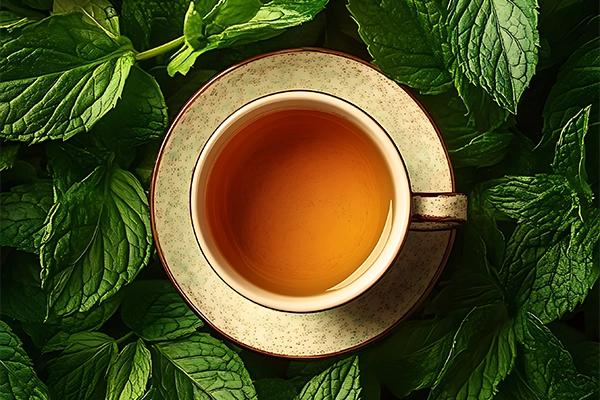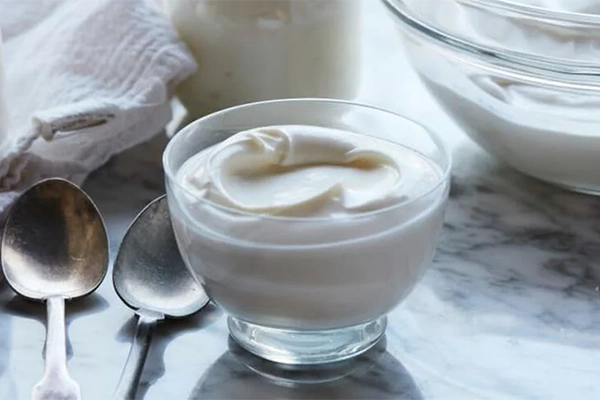Peanut butter is one of the most popular snacks worldwide, offering a delicious taste and impressive nutritional value. Rich in essential nutrients like protein, fiber, vitamins, and minerals, this tasty treat is a powerhouse of nutrition. Peanut butter also provides healthy fats and high energy, making it an excellent source of daily vitality. Just two tablespoons of this delightful spread can supply a quarter of your daily fat requirements. Therefore, peanut butter is often recognized as a “superfood” that not only tastes great but also helps maintain health and energy levels. In this article, we will delve into the benefits of peanut butter and explore the peanut butter nutrition facts that make it such a valuable addition to a healthy diet.
Peanut Butter: A Nutritious and Healthy Choice
Peanut butter is a thick, flavorful paste made from ground peanuts and is typically sold without unnecessary additives like sugar or preservatives. This product is a rich source of protein, magnesium, phosphorus, zinc, and vitamin B6, each playing a vital role in maintaining overall health. By consuming natural peanut butter, you can take advantage of the numerous benefits of this nut and support heart health, immune function, and energy production in your body.
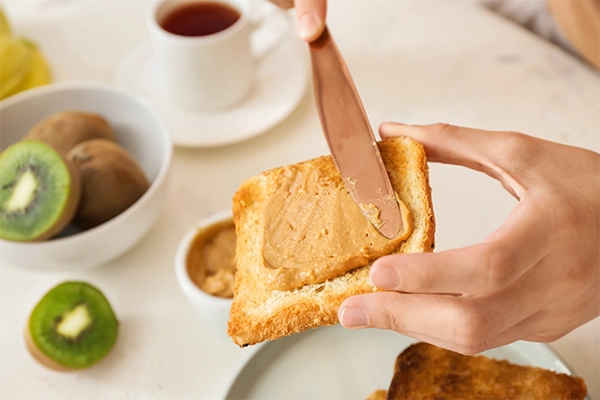
Peanut Butter Nutrition: Carbohydrates, Fats, and Proteins
Peanut butter, as a healthy and nutritious snack, offers a balanced combination of carbohydrates, fats, and proteins. One of the most notable aspects of peanut butter nutrition is its low carbohydrate content. Carbohydrates make up only about 13 to 16 percent of its weight and, with a glycemic index (GI) of just 14, have a minimal impact on blood sugar levels. Most of the carbohydrates in peanut butter are complex, breaking down gradually in the body to prevent sudden spikes in blood sugar. Each serving of peanut butter contains about 16 grams of fat, but the majority of these fats are healthy monounsaturated and polyunsaturated fats. The monounsaturated fats are primarily composed of oleic acid, which can help improve cholesterol levels. The polyunsaturated fats in peanut butter, mainly linoleic acid, contribute to muscle growth and function. Additionally, this food is a source of omega-3 fatty acids, which possess anti-inflammatory properties and can reduce the risk of heart disease and diabetes.
Regarding protein content, peanut butter contains about 35 percent protein by weight, making it an excellent source of plant-based protein. Each serving of peanut butter provides approximately 7 grams of protein, making it a suitable option for those looking to increase their protein intake. However, it’s important to note that the main proteins in peanut butter, arachin, and conarachin, can cause allergies in some individuals.
Peanut Butter Nutrition: Vitamins and Minerals
In addition to proteins and healthy fats, peanut butter is also packed with significant amounts of vitamins and minerals essential for maintaining health. This food is rich in B vitamins, essential minerals, and antioxidants, which can fulfill a substantial portion of the daily nutritional needs.
– Biotin: Peanuts are one of the richest sources of biotin. This vitamin is especially recommended during pregnancy, as it aids in fetal growth.
-Copper: Peanut butter contains copper, a mineral that is often lacking in many diets. Copper deficiency can have adverse effects on heart health.
– Niacin (Vitamin B3): This vitamin plays a role in various bodily functions and its consumption is associated with a reduced risk of heart disease.
– Folate (Vitamin B9 or Folic Acid):** Folate is essential for cell formation and DNA repair and is particularly important during pregnancy.
– Vitamin E: A powerful antioxidant that helps protect cells from oxidative damage. This vitamin is commonly found in high-fat foods.
– Thiamine (Vitamin B1): Thiamine helps convert carbohydrates into energy and is essential for heart, muscle, and nervous system function.
– Phosphorus: This mineral plays a vital role in the growth and maintenance of body tissues, and peanut butter is a good source of it.
– Magnesium: An essential mineral with various functions, adequate magnesium intake can help protect against heart disease.
By consuming peanut butter, you not only enjoy its delicious taste but also benefit from a rich source of vitamins and minerals.
Benefits of Peanut Butter for Health
Natural and pure peanut butter, rich in protein, healthy fats, and essential nutrients, offers numerous health benefits as part of a balanced peanut butter nutrition profile, alongside its delicious taste.. The **benefits of peanut butter** include providing energy, improving heart health, and helping control blood sugar levels. This nutrient-rich food is high in protein, healthy fats, and essential vitamins, making it a valuable addition to daily dietary intake.
Weight Loss
One of the **benefits of peanut butter** for those aiming for weight loss is its high protein and fiber content, which creates a longer-lasting feeling of fullness and helps reduce false hunger. Several studies have shown that regular consumption of peanut butter can aid in weight control and even promote weight loss.
Heart Health
Peanut butter is rich in monounsaturated and polyunsaturated fatty acids (MUFA and PUFA), niacin, magnesium, and vitamin E, all of which are beneficial for heart health. Its consumption, similar to olive oil, can help improve blood lipid levels and reduce the risk of heart disease.
Bodybuilding
For bodybuilders, one of the **benefits of peanut butter** is the increased intake of calories and protein. Due to its healthy fats and protein, peanut butter aids in muscle repair and growth while providing the energy needed for intense workouts.
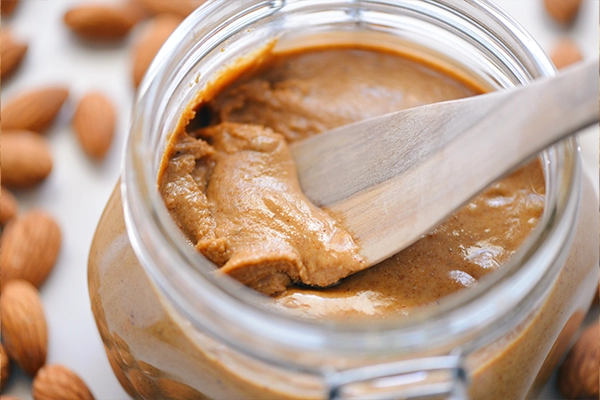
Blood Sugar Control
Peanut butter nutrition plays a crucial role in blood sugar control. With its low carbohydrate content and balanced combination of fats, protein, and fiber, peanut butter has minimal impact on glucose levels. This makes it an excellent choice for individuals managing diabetes. Additionally, peanut butter nutrition includes magnesium, an essential mineral that contributes to effective blood sugar regulation, further enhancing its value in a balanced diet.
Boosting Energy
The protein, fiber, and fatty acids present in peanut butter help boost daily energy levels, ensuring you have enough vitality throughout the day. Given the benefits of peanut butter, this food can be an essential part of a healthy diet and contribute to overall well-being.
Conclusion
peanut butter nutrition, can meet your daily nutritional needs and offer multiple health benefits. This food is rich in healthy fats, protein, and fiber, helping to maintain heart health, control blood sugar, and boost energy. However, it’s important to pay attention to how and how much you consume it, especially for those who may experience digestive sensitivities. To take full advantage of the **benefits of peanut butter** and avoid consuming products with preservatives and artificial flavors, it’s advisable to purchase your peanut butter from reputable stores. Hypermarket Faraz is one such place, offering genuine and natural peanut butter, ensuring you receive a high-quality and healthy product. By choosing peanut butter from Hypermarket Faraz, you can enjoy the benefits of this nutritious snack and maintain your health effectively.
